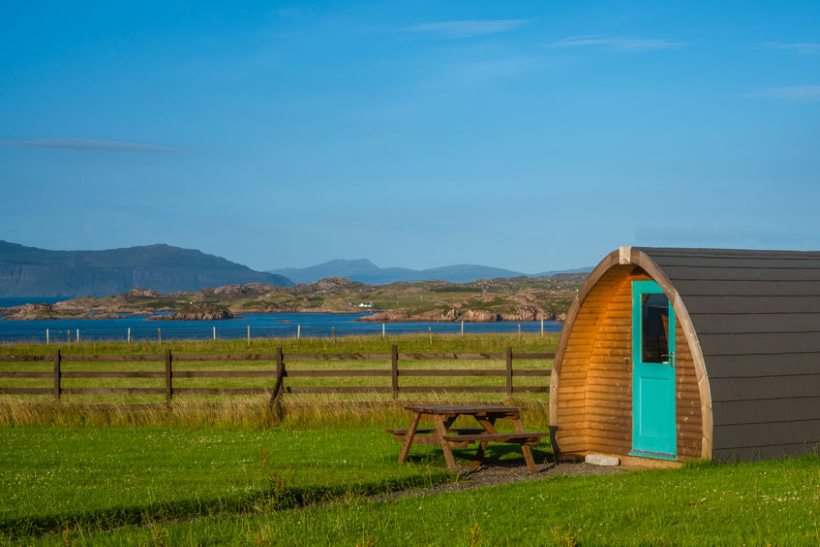
Scottish diversified farming businesses have warned that proposed regulations for short-term let accommodation could have 'disastrous consequences' for the rural economy.
The regulations would create a new licensing system, and are devised to tackle anti-social behaviour and lack of housing in primarily urban areas.
But rural businesses fear that if accepted, they could have 'unintended consequences' for self-caterers, B&Bs, and small firms in rural areas.
The regulations are being analysed by the Scottish Parliament’s Local Government and Communities Committee, and are due for consideration in early February.
With the tourism sector in the grip of economic crisis caused by the pandemic, Scottish Land & Estates (SLE) has urged the committee to vote against them as they 'put jobs and livelihoods at risk'.
Under the plans, huts, glamping pods, wooden lodges and yurts deemed essential to Scotland’s rural economy would face 'unnecessary and costly regulations'.
All short-term let operators could be asked to pay a licence fee of potentially £1,000 every year, plus an annual ‘monitoring fee’ and possibly further planning fees.
Gavin Mowat, policy adviser for the rural business group, said businesses based in the countryside 'needed support, not further uncertainty'.
“Livelihoods of many in the sector are already hanging by a thread due to the Covid crisis," Mr Mowat said.
"If, and when cash flows return to normal, rural businesses from self-catering cottages to yurt or glamping pod operators will have to plan for a future in which operating costs increase without any real benefit."
He added that the proposals would introduce new red tape for B&Bs: "Bureaucracy that would prove not only an inconvenience, but which could cost operators up to £5,000 in upgrades to meet the required licensing standards.
“Forcing unwelcome and unnecessary regulations on small rural businesses, the lifeblood of our communities, will not solve problems with anti-social behaviour or lack of residential housing in Edinburgh
" Greater care should have been taken to tackle the root causes of these issues without impacting our important rural tourism sector. We strongly urge the committee to vote against these regulations,” Mr Mowat said.
